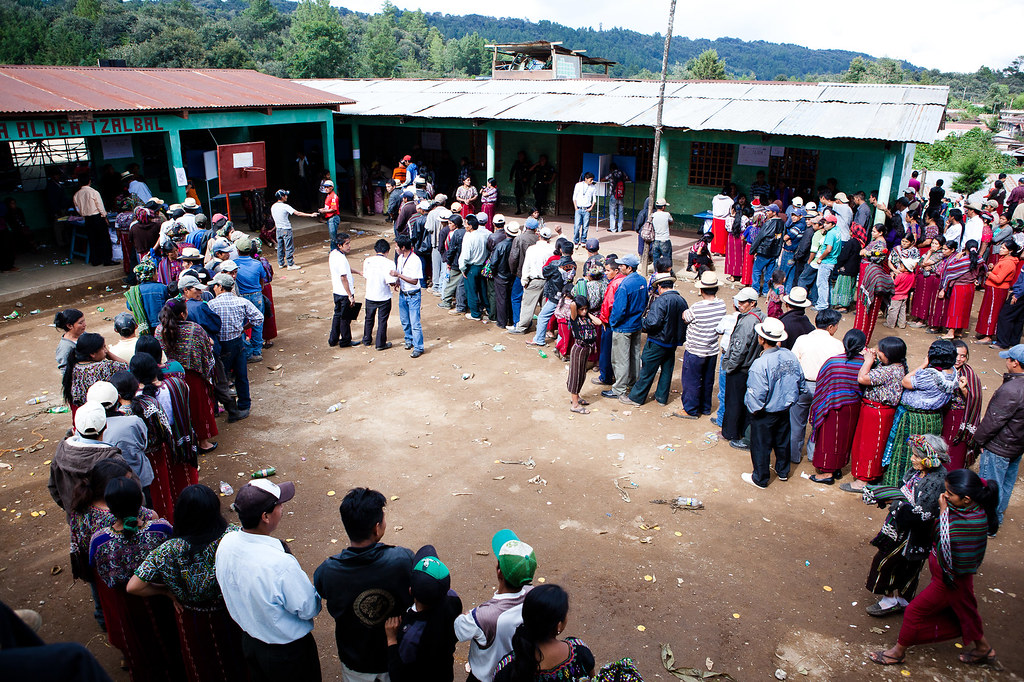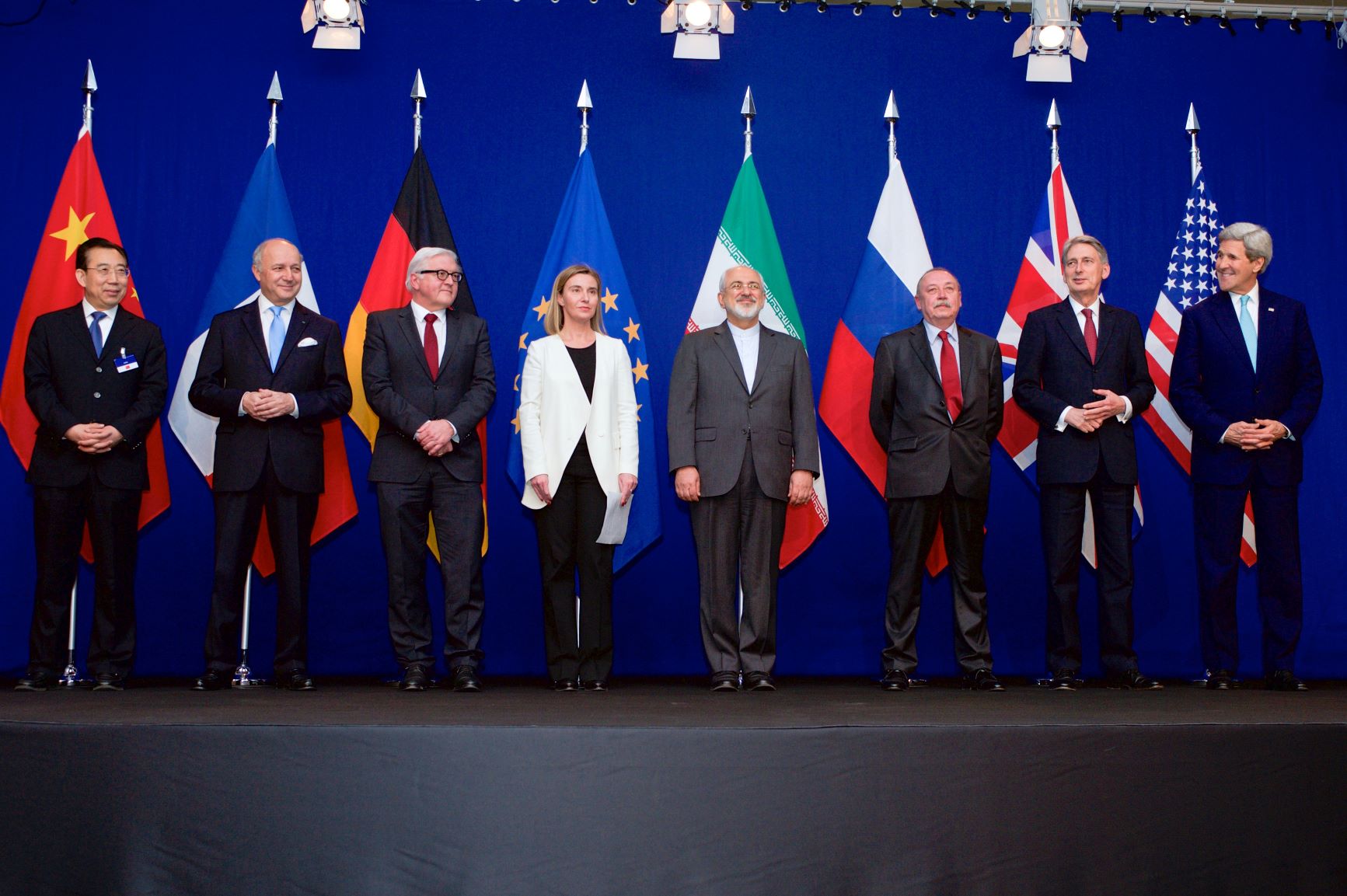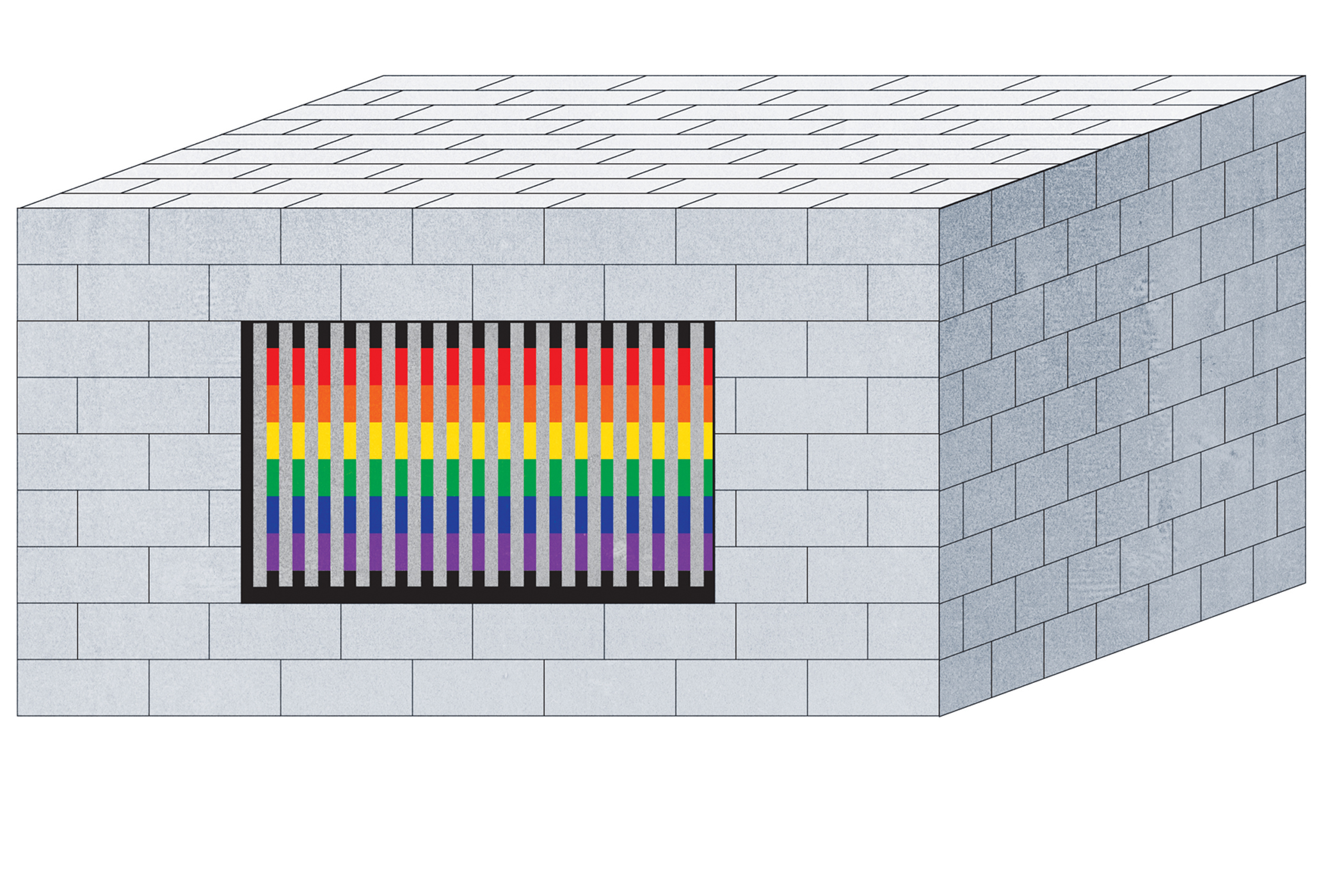After allegations of voter fraud caused by a computer malfunction in the recent presidential and legislative elections, the Guatemalan Supreme Electoral Tribunal (TSE) announced on June 20 the country will hold election recounts.
TSE President Julo Solórzano called for a recount of verified votes from every ballot box around the country in order to “clarify disagreements,” according to Al Jazeera. The recount was ordered after a video was released showing a ballot which was premarked for presidential candidate and former First Lady Sandra Torres.
Torres first ran for president in 2015 against Jimmy Morales, who is now under investigation by the UN for receiving around $2.5 million in undeclared donations. According to preliminary election results released by the TSE, Torres would have won this year’s election with just over 25% of the vote had the recount not been called. Her main opposition is conservative candidate Alejandro Giammattei, who won 14%. If elected, Torres would become the first woman in office.
When news of the recount broke on June 20, Estuardo Galdámez, a presidential candidate from the incumbent FCN-Nacion party, posted on social media, claiming if Torres was to be elected, Guatemala could become a “dictatorship.” With only 4% of the total vote, this is the worst an incumbent party has performed in Guatemalan history, according to Al Jazeera.
The Organization of American States welcomed the TSE’s recount decision and said Guatemala was “providing greater transparency and certainty in the electoral process, especially in relation to local and legislative elections.”
An OAS investigative mission headed by former Costa Rican President Luis Guillermo Solís was sent to Guatemala when allegations of fraud first began to surface. Despite the OAS supporting the TSE’s decision, the mission denies that fraud changed the results in the election.
“The mission received complaints of vote buying and observed possible voter transport, as well as errors in the digitalization of ballots,” the mission report said, according to Al Jazeera. “However, these actions in no way change the popular will reflected in the results of the presidential contest. The important thing now is to conclude the process, clear all doubts and begin to focus on implementing the recommendations so that the process of the second round is better than the first.”
Three of Guatemala’s last four presidents were arrested after their terms ended on corruption charges, and many citizens now doubt the government’s legitimacy, according to TIME. A recent poll from CID Gallup Latinoamerica found nearly one third of Guatemalan adults believe fraud played a role in the recent election.
“We’ve lost our way as a country, but we should not lose faith in the democratic process we have,” Marco René Cuellar told TIME. “There is a belief that instead of advancing in these four years of government, we’ve gone backwards.”
The recent election was the first time eligible Guatemalans could vote from abroad. About 60,000 people living in Los Angeles, New York and Washington, D.C. participated in the election, according to TIME. Despite the expansion of voting rights, some in Guatemala were unable to vote. In Zacapa, almost 7,000 voters were unable to participate due to threats of violence. Voting was also halted in Esquipulas Palo Gordo due to vote buying allegations.
“It won’t be the party with the best electoral offer that wins, but rather the one best equipped to get people to polling centers,” political scientist at Universidad Francisco Marroquin, Marielos Chang told CNN.






